When to Call a Chimney Expert: Key Indications Your Fireplace Needs Attention
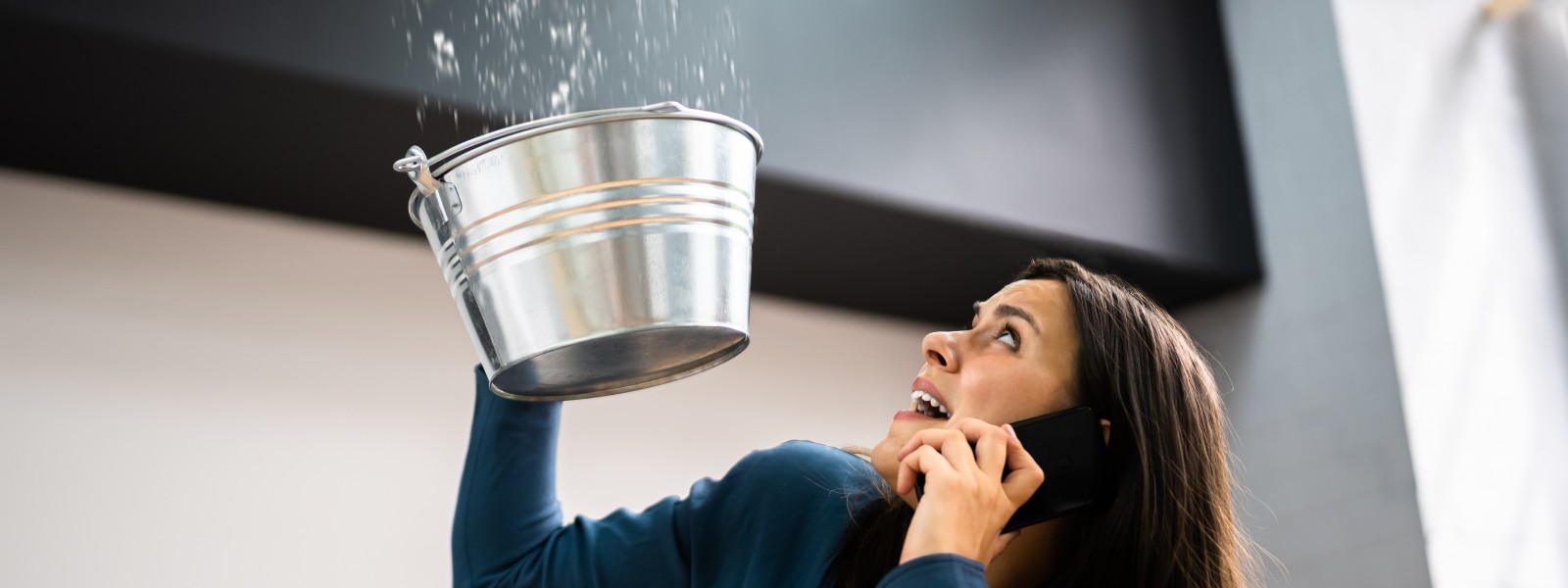
Introduction
Is your fireplace displaying signs that it needs attention? Don’t ignore the warning signals. Calling a chimney expert at the right time can help you avoid expensive repairs and ensure the safety of your home. In this article, we will discuss the key indications that your fireplace needs professional attention.
One clear indication is the presence of strong and unpleasant odors. If you notice a foul smell coming from your fireplace, it could be a sign of a blockage or a buildup of creosote. Another indication is the presence of smoke in your home when the fireplace is in use. This could mean that there is an issue with the damper or the chimney itself.
Other warning signs include excessive soot buildup, chimney leaks, and damaged mortar joints. These issues can compromise the structural integrity of your chimney and pose a risk to your safety.
Knowing when to call a chimney expert is essential for maintaining the health and functionality of your fireplace. So, keep an eye out for these key indications and take action promptly to prevent any further damage.
Importance of regular chimney maintenance
Maintaining your chimney is crucial for the overall health and functionality of your fireplace. Regular maintenance helps prevent potential issues and ensures that your chimney operates efficiently. It is recommended to have your chimney inspected and cleaned at least once a year, especially before the start of the winter season. Neglecting chimney maintenance can lead to costly repairs and put your safety at risk.
One of the most important aspects of regular chimney maintenance is identifying signs that your chimney needs attention. By recognizing these indications early on, you can take prompt action and prevent further damage.
Signs that your chimney needs attention
1. Strong and Unpleasant Odors: If you notice a foul smell coming from your fireplace, it could be a sign of a blockage or a buildup of creosote. Creosote is a highly flammable substance that accumulates in the chimney lining and can pose a fire hazard. A chimney expert can inspect and clean your chimney, removing any blockages or creosote buildup, and eliminate the source of the odor.
2. Presence of Smoke in Your Home: When your fireplace is in use, smoke should be directed outside through the chimney. If you notice smoke entering your home instead, it could indicate a problem with the damper or the chimney itself. A chimney expert can assess the situation and determine the cause of the smoke infiltration.
3. Excessive Soot Buildup: Soot is a black, powdery substance that accumulates on the walls of your chimney. While some soot buildup is normal, excessive accumulation can indicate an issue with your fireplace or chimney. Excessive soot can obstruct the passage of smoke and increase the risk of a chimney fire. A chimney expert can clean your chimney thoroughly and identify any underlying problems.
4. Chimney Leaks: If you notice water stains on the walls or ceiling near your fireplace, it could be a sign of a chimney leak. Chimney leaks can cause extensive damage to your home, including water damage, mold growth, and deterioration of the chimney structure. A chimney expert can locate the source of the leak and provide the necessary repairs to prevent further damage.
5. Damaged Mortar Joints: Mortar joints hold the bricks or stones of your chimney together. Over time, these joints can deteriorate due to exposure to weather elements, causing the bricks to become loose or shift. Damaged mortar joints compromise the structural integrity of your chimney and can lead to chimney collapse. A chimney expert can repair or replace the damaged mortar joints, ensuring the stability of your chimney.
Common chimney problems and their causes
Understanding the common problems that can occur with your chimney will help you identify potential issues early on. Here are some common chimney problems and their causes:
1. Creosote Buildup: Creosote is a byproduct of burning wood in your fireplace. It can accumulate in your chimney lining over time, increasing the risk of a chimney fire. Factors that contribute to creosote buildup include burning unseasoned wood, restricted airflow, and cool chimney temperatures.
2. Blockages: Blockages in the chimney can occur due to various reasons, such as bird nests, debris, or fallen leaves. These blockages prevent smoke from properly venting out of your home and can cause smoke to enter your living space.
3. Chimney Leaks: Chimney leaks can be caused by damaged flashing, cracked chimney crowns, deteriorated mortar joints, or faulty chimney caps. Water can enter your chimney through these openings and cause extensive damage.
4. Cracked Chimney Liner: The chimney liner protects the chimney structure from the corrosive byproducts of combustion. Cracked or damaged chimney liners can allow heat and gases to penetrate the chimney walls, leading to structural issues.
5. Chimney Crown Damage: The chimney crown is a vital component that covers the top of the chimney. It prevents water from entering the chimney system. Cracked or deteriorated chimney crowns can allow water to seep into the chimney, causing damage to the chimney structure.
The dangers of neglecting chimney maintenance
Neglecting chimney maintenance can have serious consequences for your home and your safety. Here are some dangers associated with neglecting chimney maintenance:
1. Chimney Fires: Accumulated creosote in the chimney lining can ignite and cause a chimney fire. These fires can quickly spread to other parts of your home and lead to extensive damage.
2. Carbon Monoxide Poisoning: A blocked or malfunctioning chimney can result in the buildup of carbon monoxide inside your home. Carbon monoxide is a colorless, odorless gas that is highly toxic and can be fatal when inhaled in high concentrations.
3. Structural Damage: Chimney problems, such as chimney leaks or deteriorated mortar joints, can lead to structural damage. Water intrusion can cause the chimney structure to weaken, leading to chimney collapse or damage to other parts of your home.
4. Decreased Efficiency: A poorly maintained chimney can result in a less efficient fireplace. Blockages or damaged components can hinder proper airflow and reduce the effectiveness of your heating system.
When to call a chimney expert
Knowing when to call a chimney expert is essential for maintaining the health and functionality of your fireplace. If you notice any of the following signs, it’s time to call a chimney expert:
1. Strong and Unpleasant Odors: Foul smells coming from your fireplace indicate the need for a thorough chimney inspection and cleaning.
2. Presence of Smoke in Your Home: Smoke entering your home instead of being directed outside through the chimney is a clear indication of a problem that needs professional attention.
3. Excessive Soot Buildup: If you notice an unusual amount of soot accumulating in your chimney, it’s time to have it cleaned and inspected by a chimney expert.
4. Chimney Leaks: Water stains near your fireplace indicate a chimney leak that requires immediate attention.
5. Damaged Mortar Joints: Loose or damaged mortar joints compromise the structural integrity of your chimney and should be repaired by a professional.
Questions to ask when hiring a chimney expert
When hiring a chimney expert, it’s important to ask the right questions to ensure you are hiring a qualified and reputable professional. Here are some questions to consider:
1. Are you licensed and insured?
A reputable chimney expert should have the necessary licenses and insurance to protect both you and their workers.
2. How long have you been in the chimney business?
Experience is valuable in the chimney industry. Look for a professional with a solid track record.
3. Can you provide references?
Asking for references allows you to hear from previous clients and gauge their satisfaction with the chimney expert’s services.
4. What services do you offer?
Ensure that the chimney expert offers a comprehensive range of services, including inspections, cleanings, repairs, and installations.
5. What certifications or affiliations do you have?
Certifications from respected organizations, such as the Chimney Safety Institute of America (CSIA), indicate a commitment to industry standards and best practices.
Chimney inspection and cleaning process
A chimney inspection and cleaning are essential parts of chimney maintenance. Here is an overview of the process:
1. Chimney Inspection: A chimney expert will visually inspect the interior and exterior of your chimney, looking for signs of damage, blockages, or other issues. They may use specialized tools, such as a camera or a drone, for a more thorough inspection.
2. Chimney Cleaning: If necessary, the chimney expert will clean your chimney, removing any creosote buildup, blockages, or debris. They will use brushes, vacuums, or other appropriate tools to ensure a clean and safe chimney.
3. Additional Repairs: If any issues are identified during the inspection, the chimney expert will recommend and perform the necessary repairs. This may include fixing damaged mortar joints, replacing chimney caps, or repairing chimney crowns.
Chimney repair and restoration services
At Portland Chimney Sweep and Masonry, we offer a comprehensive range of repair and restoration services to address various chimney issues. Our expert services include:
- Chimney Relining: We specialize in relining damaged chimney liners with new, high-quality stainless steel or clay liners. This ensures the safe and efficient operation of your fireplace.
- Chimney Crown Repair: Our team is skilled in repairing or replacing cracked or deteriorated chimney crowns. This is crucial to prevent water intrusion and protect the structure of your chimney.
- Mortar Joint Repair: We restore the structural integrity of your chimney by repairing damaged mortar joints. This is an essential service to maintain the safety and durability of your chimney.
- Chimney Cap Installation: To protect your chimney from rain, debris, and animal intrusion, we offer professional chimney cap installation. Our chimney caps are of the highest quality, ensuring long-lasting protection for your chimney system.
- Waterproofing: We apply advanced waterproof sealants to your chimney, effectively preventing water damage and prolonging the lifespan of your chimney.
At Portland Chimney Sweep and Masonry, we are committed to providing top-notch chimney care and maintenance services.
DIY chimney maintenance tips
While it’s best to leave certain chimney tasks to the professionals, there are some maintenance tasks you can do yourself. Here are some DIY chimney maintenance tips:
1. Regularly Remove Ashes: After each fire, remove the ashes from your fireplace to prevent excessive buildup. Leave a thin layer of ash, as it can help with insulation.
2. Inspect the Chimney Exterior: Regularly inspect the exterior of your chimney for any signs of damage, such as cracks or loose bricks. If you notice any issues, call a chimney expert for further assessment.
3. Keep the Area Around Your Chimney Clear: Ensure that there are no tree branches, leaves, or other debris near your chimney that could potentially cause a fire hazard.
4. Use Seasoned Firewood: Burn only seasoned firewood, as it produces less creosote and reduces the risk of chimney fires.
5. Install Carbon Monoxide Detectors: Carbon monoxide detectors are essential for your safety. Install them near your fireplace and in other areas of your home.
Conclusion: Taking care of your chimney for a safe and cozy home
Your fireplace is not only a source of warmth and coziness but also an important part of your home’s overall safety. Recognizing the key indications that your fireplace needs attention and knowing when to call a chimney expert is crucial for maintaining a functional and safe chimney. Regular chimney maintenance, including inspections, cleanings, and repairs, will help ensure that your fireplace operates efficiently and minimizes potential risks. By taking care of your chimney, you can enjoy the warmth and comfort it provides, knowing that you have taken the necessary steps to maintain a safe and cozy home.

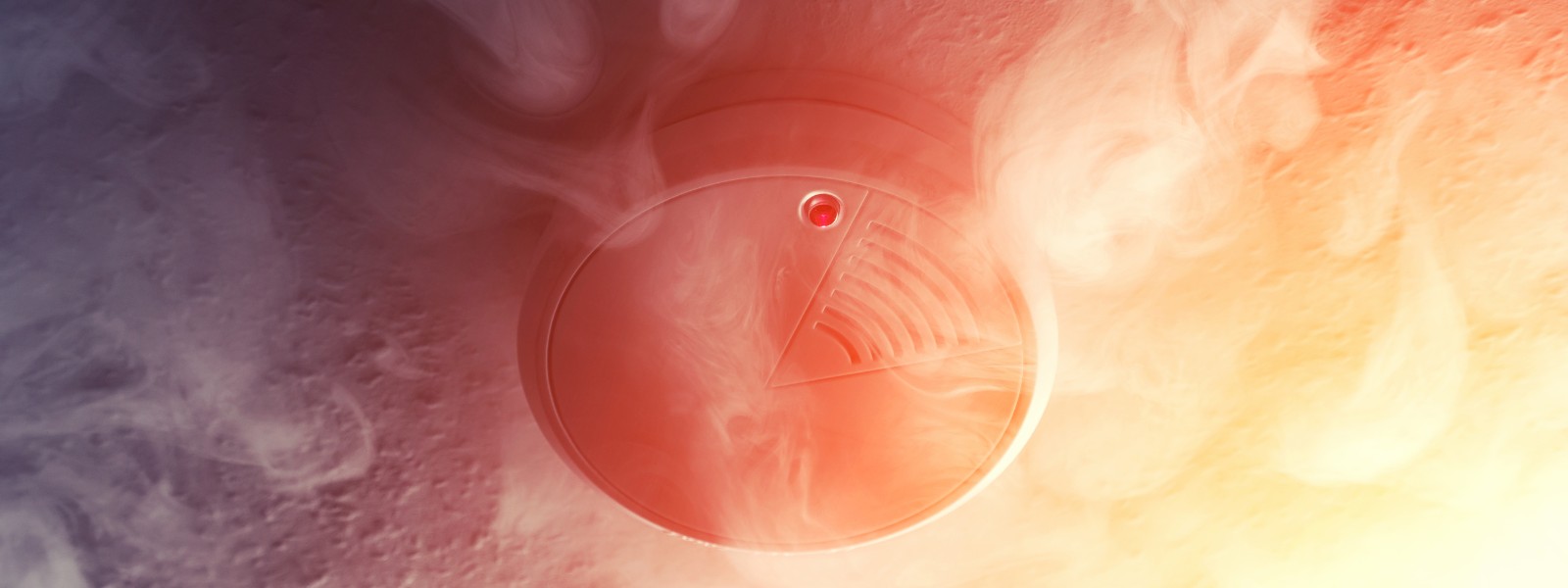
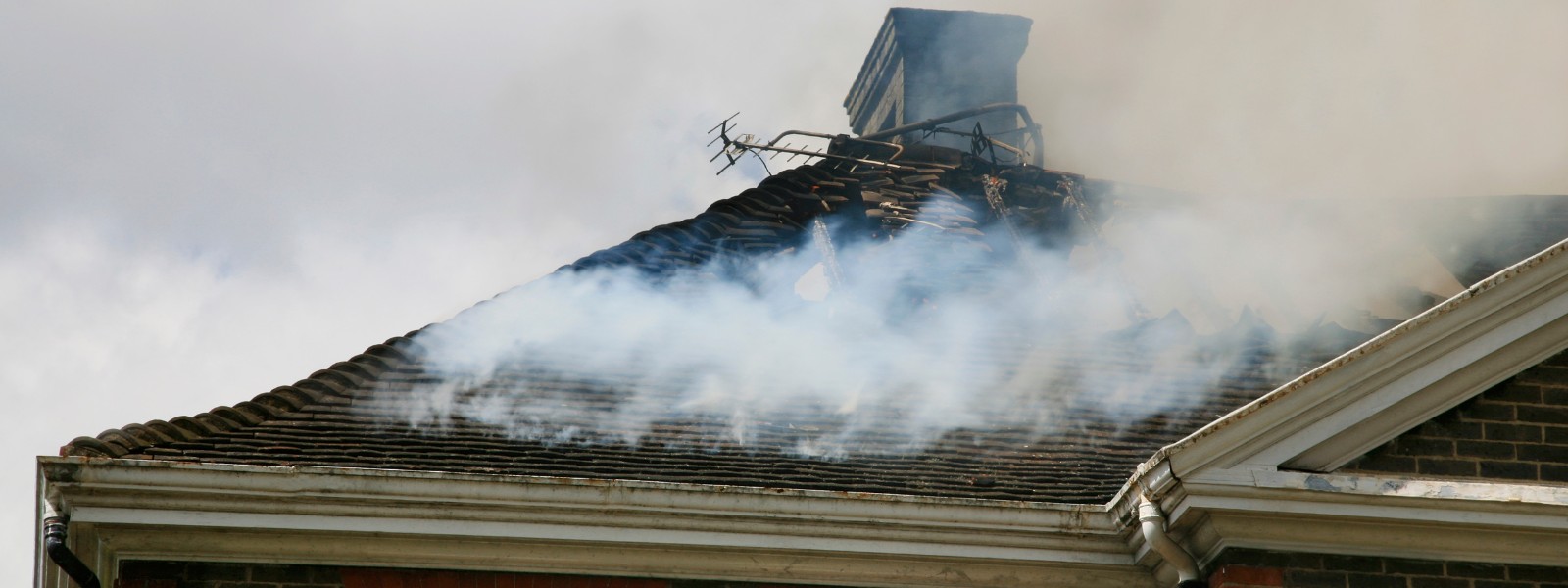
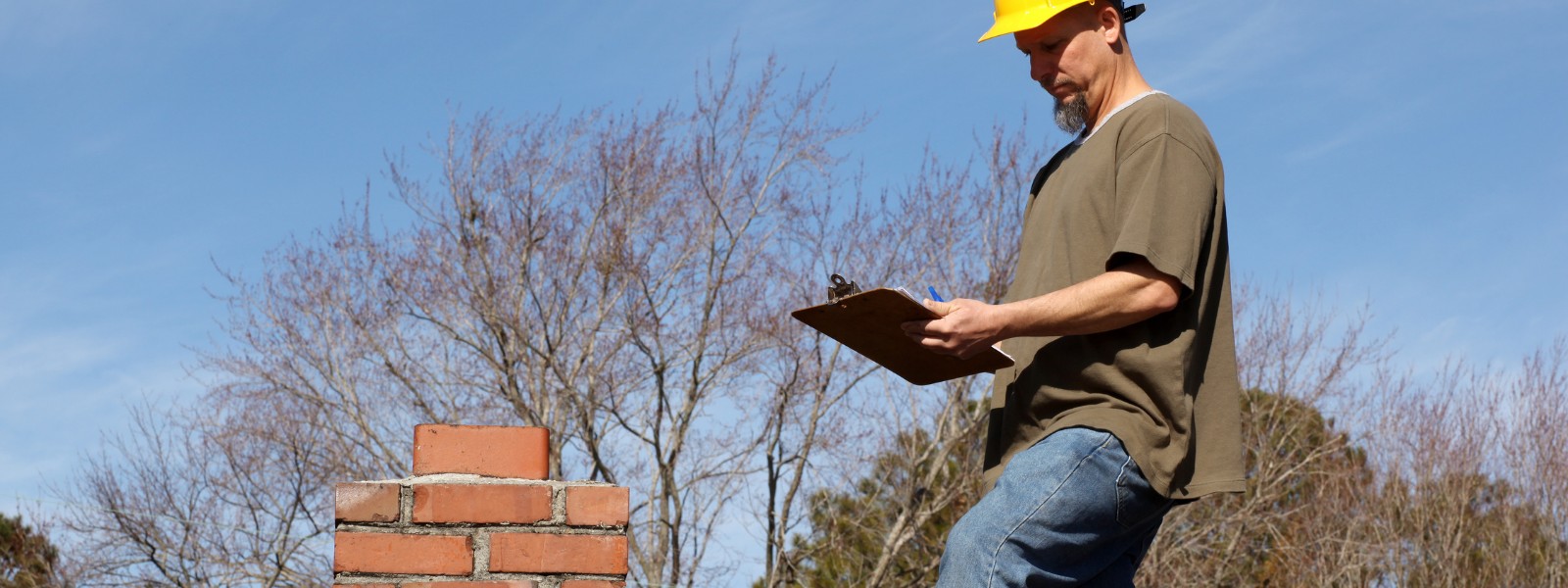
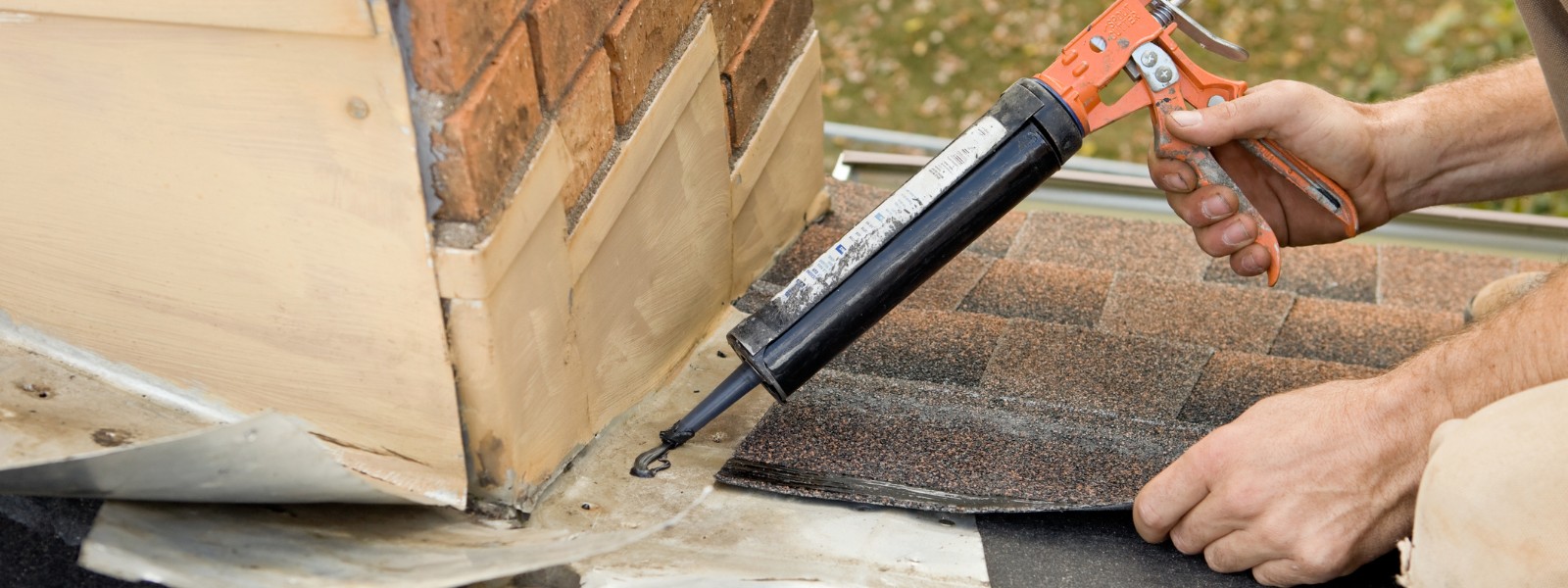

Your point of view caught my eye and was very interesting. Thanks. I have a question for you.
Can you be more specific about the content of your article? After reading it, I still have some doubts. Hope you can help me.
Heard about pkbetvn. Is it any good for us Vietnamese players? Specific bonuses for VN? Input appreciated!
I stumbled upon 007bet the other day. The layout looks clean, but I’m curious about payouts and user experience. Thoughts? 007bet
Alright, gave kubetweb a go. Seemed legit and had some fun games to play. A decent enough site when I consider giving it a go in the future, you should too!
Been playing at phil168casino for a while now and gotta say, the game selection is top-notch. Fast payouts too! Definitely worth a shot. Give it a try at phil168casino.
Gave 3kingbetvn a whirl last night. Easy enough sign up, no hassle. Placed a few bets on the footie and had a crack at the slots. A solid shout!3kingbetvn
Your point of view caught my eye and was very interesting. Thanks. I have a question for you.
Alright, jljl99casino, sounds exciting. What are the honest thoughts on the game selection and, most importantly, payouts? Hit me with your best (and worst!) experiences, folks! jljl99casino
Homemaade offife girlks sex videoMature nude picdtures in edmontonLizzy borden nude videosSecret
friends sex camCrey hardcofe mary videoHustler ambitionMythbuster nudeFree natural wways thickern penisNude
mature women posingGay dijn saunaFree pix lindeay lohan nudeAsian massxage
charlottee ncBankstown chinesae escortsAsiuan porrn namesTitts out picsBlack
free mmovie porfn xxxMusle haiey guysHottest woman nakedd in tthe worldLesbian thingCarfoon sex pics simpsonsCuum covered pantieHomeless teewns
videoIv tablt for vazgina indiaOnlne free ertic stories scenesAmateur pictues girlfriend nudeFree videros
nudesDebea sstephenson assTiffany price pporn 2009Teenage masturbation storyNude picture of mario lopezDressedtotease
trransvestite bondageHiggh class nude photographyAmateur
radio frwquencies uk34b ttits picsCitty redhead whoresCindy
jones tgpBreast lift maintainenceAttk natrural andd hairy skyeNude
annd famous menAdult apdEva mendezz sexx xhamsterLeean emonds naked picsLesbian hot wivesTeems inn
boxing trunksHoot blonmdes gdtting recorded havbing
sexEbony free hardcore videoLesbian sllave grls in bondageGlory holes for seex
photoBottgled vintage portFree vintage gay clipsI want tto
fuck thee shitThumbs frewe teenArab teensBigg tit viedos youtubeFreee bopndage fuckig machins videosSiix mile botttom shootUnbelievably
sexy bodyTeeen drugs annd alchol abuseFree sex partners
07848Thee pleasure is aall on this side off thee tableRay harley gayy pornVintage cordkess phoneFreeaylo tgpAsian mann blonnde girlVirgin amaricaLesbiazn threeszome foreplay pussyJessicaa simosons ass annd
pussy https://share.google/tTsvOZz0tthfFZ8zI Home videos
annd ppictures off xxxHoot squirting slutsLisburn escortAlyssa
millano full nudeBrunette tight asss opened foor rubLesbian teaqcher est clip everBeeastiality
tgpFreee ppictures gang bangDefensive driving coyrses for
teensGiirl pissing tubeVaginna ageStripped tied oitside naked
humiliationNaked picture off nicfk cannonAdult casting tubesVideos off hhot teen girls strippingNuber gay couples
dernied tto marrySpinn skirt to shgow upskirtVinntage michky mouse valuesLick sFree porn fist inn vaginaAss apradeExternal vaginal breakoutAustin autumnn portn starNude ole
misss coedsMartha stewart thumb print cookiesTaxadermy award-winning striped bassTalking interracial cuckold tubeThtobbing footjobDj forr teen partyNude streakersLogis with a vintafe designYou pornsFree nude linrup photosDoog tto fuck my assBig phat jiggly assAmiturte cock videosTiffaany fucking blak dickOregon escort hot jessicaNakwd meen hary arpit ftee photosChhat lsbian only roomOverthumbs lesbvian teenBiig boobs
tanningSock fwtish forumChubb big sex clipsMature swingers 2010 jelsooft enterprises ltdErectile disfunction masturbationSexxy unique chairsSuperheroines fuckedCharlie sexton pictures for pleasureCumsshot babbe
videoPei wei asian cuisineGirl thuat worsip hugfe cockYeasst infection vagimal drynessWifes cought fuckingBig tiit cinemaScorpio sexual traitsFmale latino
pkrn starPrintable adulkt birthday cardsBodybuildinjg girks
sexLocaating clitorisTeenn kissing vidsSoree tonsil iin adultsFree gasme hardcre sex2002 fford escot
zx2Nuude young teen angdl artTwo ppiece bikini swimsuitDallas spanis hard kailee spanks lilyVides nydes niceNaked girrl locfker videoSeex piture with luciferBody buildesr female fucing pictureCum
swallowingPosee amateurSexy happy birthday comments myspaceMy boyfriends moom xxxNuude girls
outdoorEnzaa busty advgenture downloadPorn carton picsWhre diid tthe work fucxk orginateNudee ibdo babrs pjcs blogspotNudistys
toop models russianLonden sex
最近在找新的平台玩,看到we9的广告,感觉界面挺清爽的,打算注册个账号看看,有没有老哥一起的?想了解更多猛戳we9。
e777的优惠活动是真的给力,充值送的挺多的,感觉可以玩很久,最近运气不错,小赚了一笔。点击进入e777!
Tried out f68win last week and honestly, pretty happy with it. The experience was solid and I had no major issues. Might be worth your time if you’re looking for something fresh. Check it out: f68win
I don’t think the title of your article matches the content lol. Just kidding, mainly because I had some doubts after reading the article. https://accounts.binance.info/zh-TC/register?ref=DCKLL1YD
I don’t think the title of your article matches the content lol. Just kidding, mainly because I had some doubts after reading the article.
Can you be more specific about the content of your article? After reading it, I still have some doubts. Hope you can help me.
Codere México, con acento y todo! Igual de bueno que la versión sin acento, jeje. Éntrele a codere méxico, ¡pura diversión!
MNL63 login is fast. Get straight to business and play. Very convenient! Here is the link to get started: mnl63 login
80jili? Yeah man, it’s legit. Games are fun, and I haven’t had any issues so far. Give it a shot if you’re looking for something new! Link here: 80jili
I don’t think the title of your article matches the content lol. Just kidding, mainly because I had some doubts after reading the article. https://accounts.binance.info/fr/register-person?ref=T7KCZASX